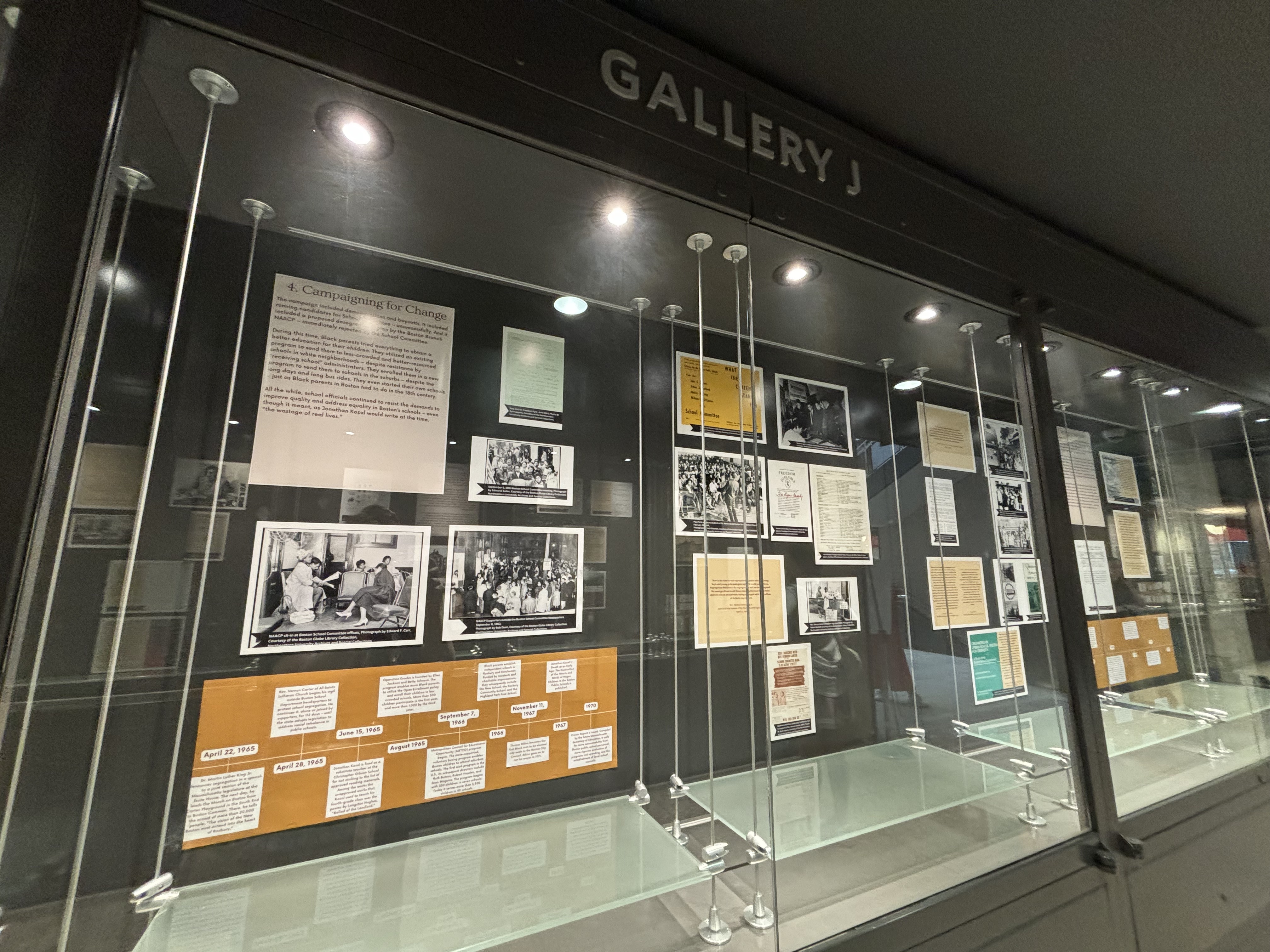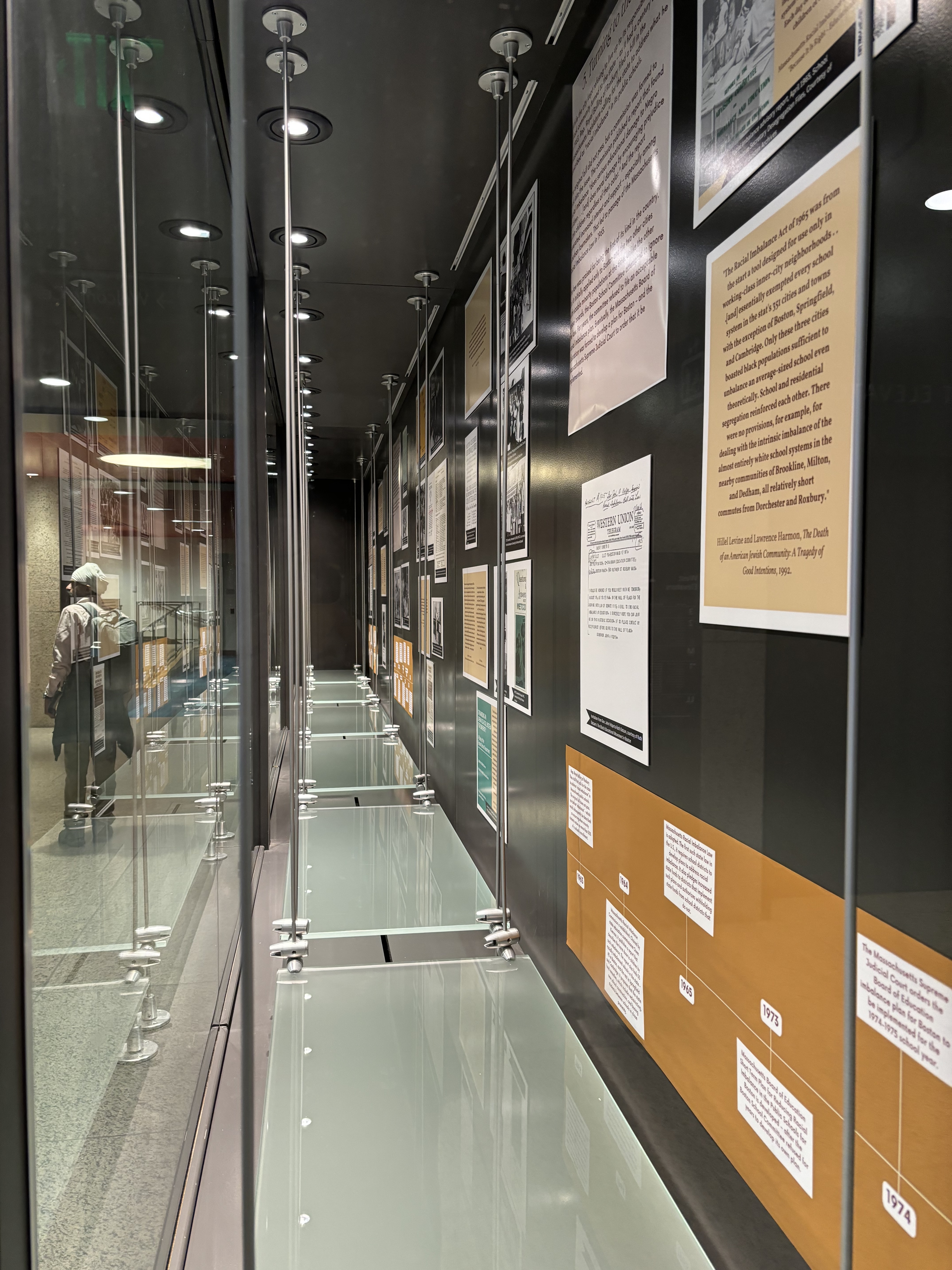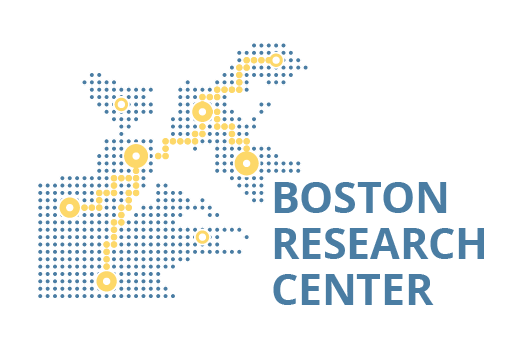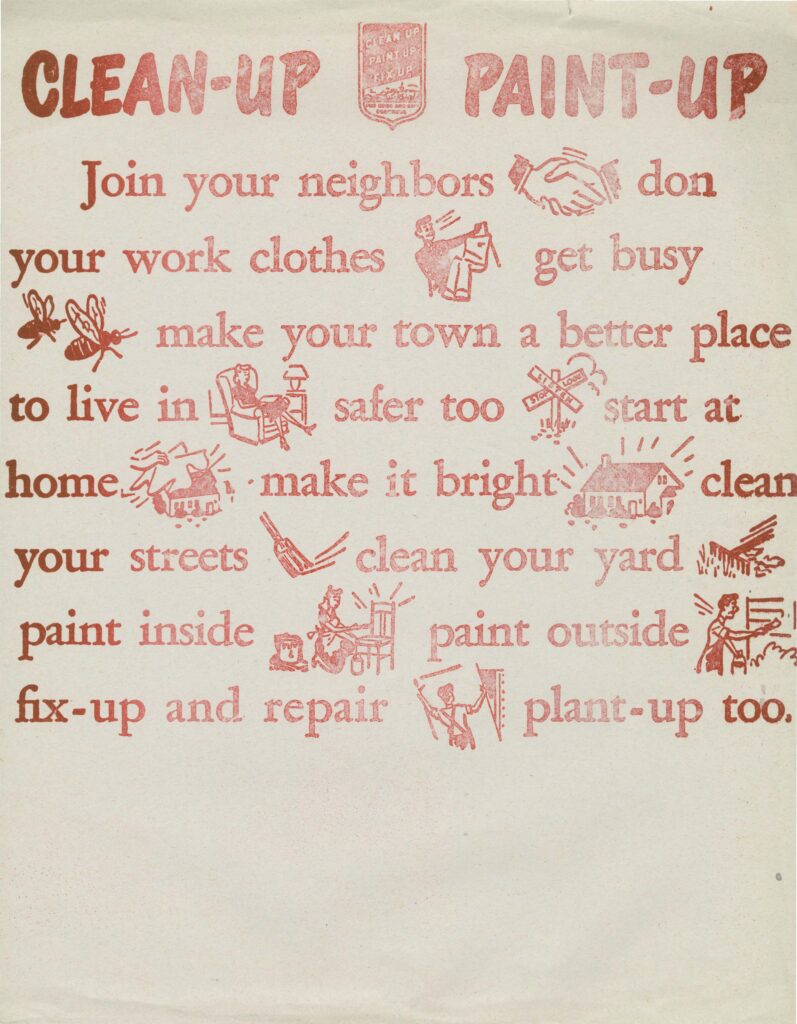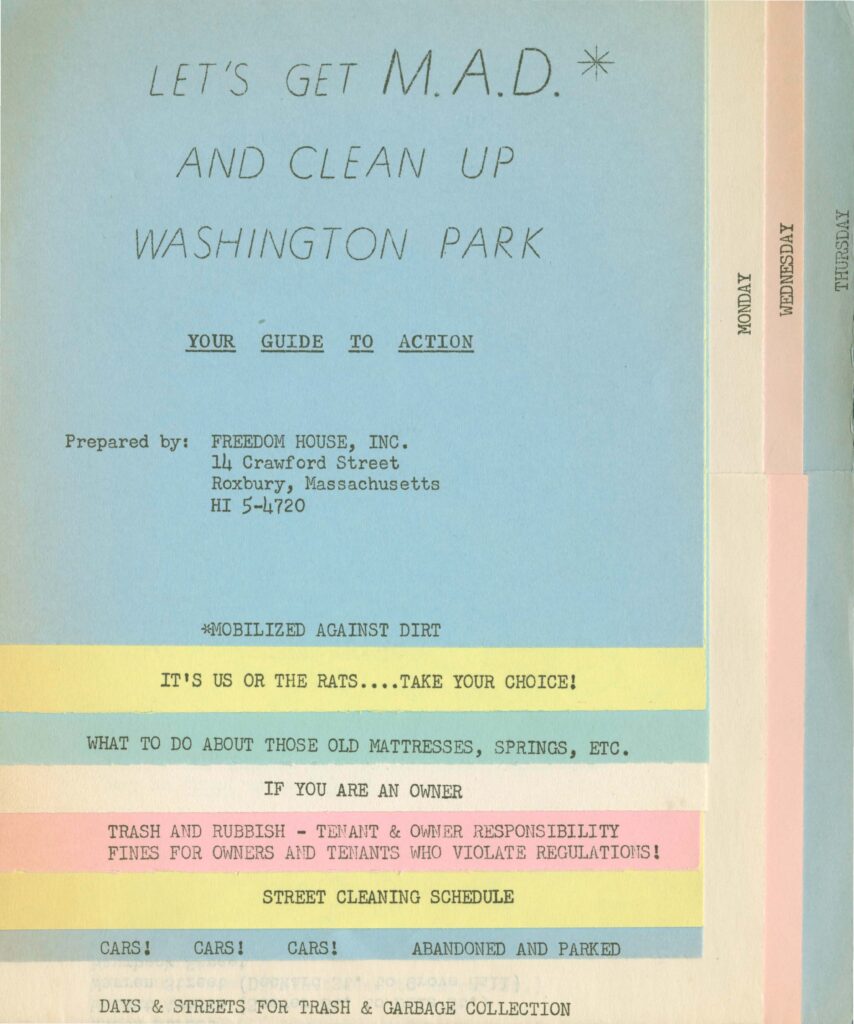Archives Research Fellowships Available
In 2026, there are two opportunities to receive funding to use the Northeastern University Archives and Special Collections (NUASC) records to aid research and storytelling.
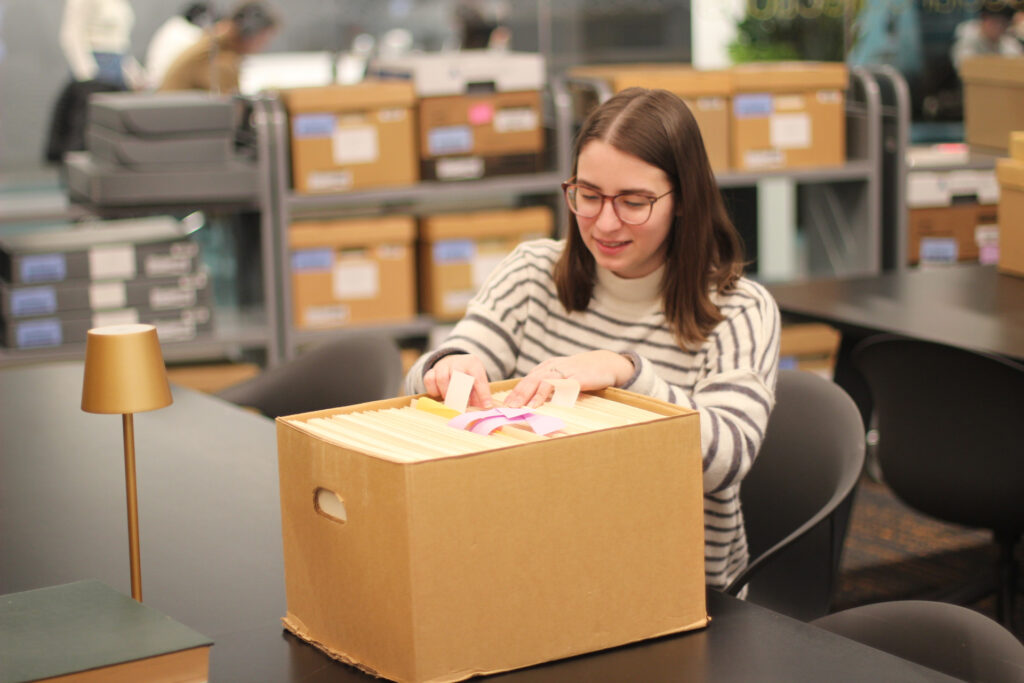
The New England Regional Fellowship Consortium (NERFC) fellowships provides support for research projects that span across several New England repositories. NERFC is a collaboration of 30 cultural institutions and repositories across New England, including NUASC. The consortium’s fellowship program is designed to promote research across a variety of institutions and metropolitan areas in New England. NERFC grants two dozen awards every year and fellows receive a stipend of $5,000 with the requirement that they conduct their research in at least three of the participating institutions for periods of two weeks each. Applications are due Sunday, February 1, 2026, and can be submitted through NERFC’s homepage on the Massachusetts Historical Society website. Note that there are new adjustments to the NERFC submission process, including contacting an archivist directly to learn more about their collections prior to submitting an application.
The Boston Public Library (BPL) is offering a new fellowship in collaboration with NUASC this year. The “Telling Boston Stories Fellowship” is a four-week program intended to support research projects that focus on the people and communities of Boston that are often left out of the historical narrative. This fellowship can support many types of projects both academic and artistic. Fellows will receive a $4,500 stipend and will be expected to spend four weeks working with collections, primarily at the BPL and Northeastern University, though trips at other Boston cultural heritage institutions or research centers may be included. The weeks do not have to be consecutive. Applications are due Monday, March 23, 2026. To apply, visit the BPL’s fellowship page for more information.
For any questions about this fellowships, using our collections, or what other types of collaborations and research projects are possible, email Molly Brown at mo.brown@northeastern.edu.
